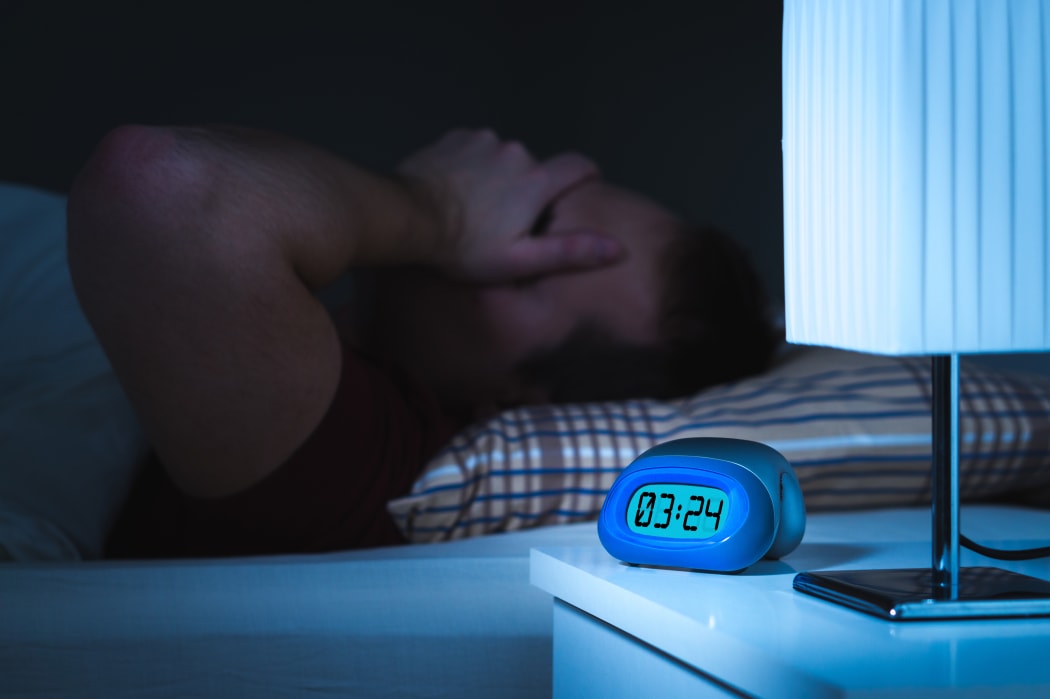While we may not remember all our dreams, it’s believed that everyone dreams between three to six times a night, with each lasting between five to 20 minutes.
A study at the University College of London analysed more than 850 dreams and nightmares that were submitted online to the Lockdown Dreams Project between March 2020 to March 2021.

Photo: 123rf
They found people often dreamed about having frustrating and restrictive experiences in mundane everyday settings, like the home.
Brighton-based psychotherapist and counsellor Matthew Bowes, who works in the field of dream interpretation, says in every sleep cycle, there’s a period of rapid eye movement (REM) which is when most of us dream.
“It’s rare to have dreams in non-REM, it is possible that does happen, but REM is mostly the period of sleep that we dream,” Bowes tells Karyn Hay.
“But in terms of our own personal experience, it’s unlikely that we’ll remember more than two or three dreams that we’ve had during the night.”
What we know from MRI scans is that dreams seem to be a lot about emotional processes, Bowes says. They help us to processes our thoughts about our current situation.
“When we’re asleep the executive function of the brain – the part of our brain that is all about decision making and deciding what course of action we’re going to take and so on - that is switched off when we’re asleep.
“The parts of the brain to do with the processing of emotional experiences are 30 percent more active while we’re in REM than when we’re in a waking state.
“To that extent, you could say that dreams really do have a therapeutic value. They’re all about trying to work out where we are in the world, trying to figure out what are our concerns and how we can deal with that in waking life.”
Sometimes dreams also depict our current state in life in metaphorical ways, he says. For example, during lockdown, people reported having dreams of being entrapped.
“There is a lot of evidence from cognitive science that when it comes to emotions, we tend to describe them in terms of metaphoric metaphors.
“The idea is that because dreams are most likely about emotional processing in the mind, that what happens is you get an imagery of that metaphor … that we would’ve used commonly in language, which you wouldn’t have a second thought about, but in the dream we actually find ourselves in that metaphorical image.”
Another common dream theme early on in the pandemic was a lack of control, which Bowes says made sense considering all the uncertainty and how authorities made decisions on our behalf.
Now, the war in Ukraine may be another point at which similar dreams might strike, he says.
“As we’ve been discussing, dreams appear to be our way of trying to understand and make sense of the world and what’s going on in it.
“In a perfect world, we all need to dream, dreams might be disturbing but actually, the fact we’re having them is a good sign, that we’re not having them is not so good.”

